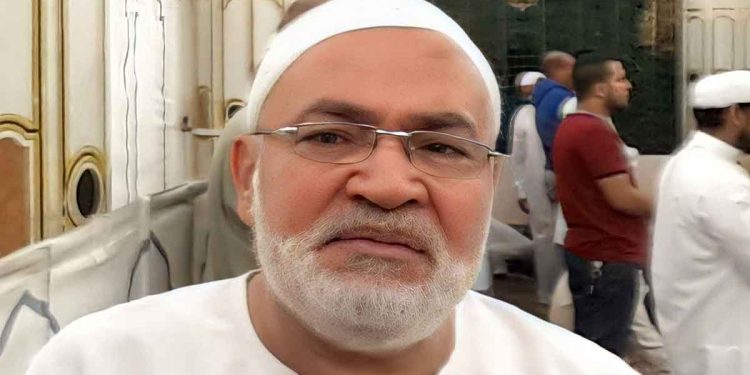Arab Organisation for Human Rights in the UK (AOHR UK) warns that the Egyptian authorities continue to violate detainees’ right to life through medical neglect, including the refusal to release them for private treatment at their families’ expense – neglect which is only one aspect of appalling conditions of detention generally, which harm prisoners’ health and result in chronic conditions, and even death.
The Egyptian Prisons Administration has announced the death of detainee Osama Hassan al-Jamal, 62 years-old, following his delayed transfer from Moqattam police station to a nearby hospital. Conditions at the station were far below adequate, particularly given al-Jamal’s age.
Al-Jamal was arrested last January due to his political affiliations. The conditions of his detention worsened his health: he began to lose significant weight, and his psychological condition deteriorated due to his being denied family visits.
With his death, the number of deaths inside Egyptian detention centres, whether as a result of medical negligence or simple torture, has risen to at least 933, according to local human rights groups.
Al-Jamal’s death comes only few weeks after that of prominent economist Ayman Hadhoud, which occurred in suspicious circumstances following two months of forced disappearance. Pictures of his body, which were later published, showed that he was likely subjected to torture, which presumably led to his death.
The majority of deaths in Egyptian prisons amount to murder: they would not have happened if laws had been enforced and detainees’ rights respected – including the right to appropriate health care, including release on medical grounds.
Various international human rights groups and certain governments are increasingly criticising Egyptian regime, including the conditions in its prisons. However, only strong, practical measures will dissuade the regime from continuing with its basic policy.
AOHR UK therefore calls on decision-makers across world and all relevant UN bodies to take the measures needed to deter the Egyptian regime from taking any more detainees’ lives. It specifically calls on the UN’s Human Rights Council to begin investigation and develop a structure of accountability for the perpetrators of such violations, including the complicit judiciary.






























